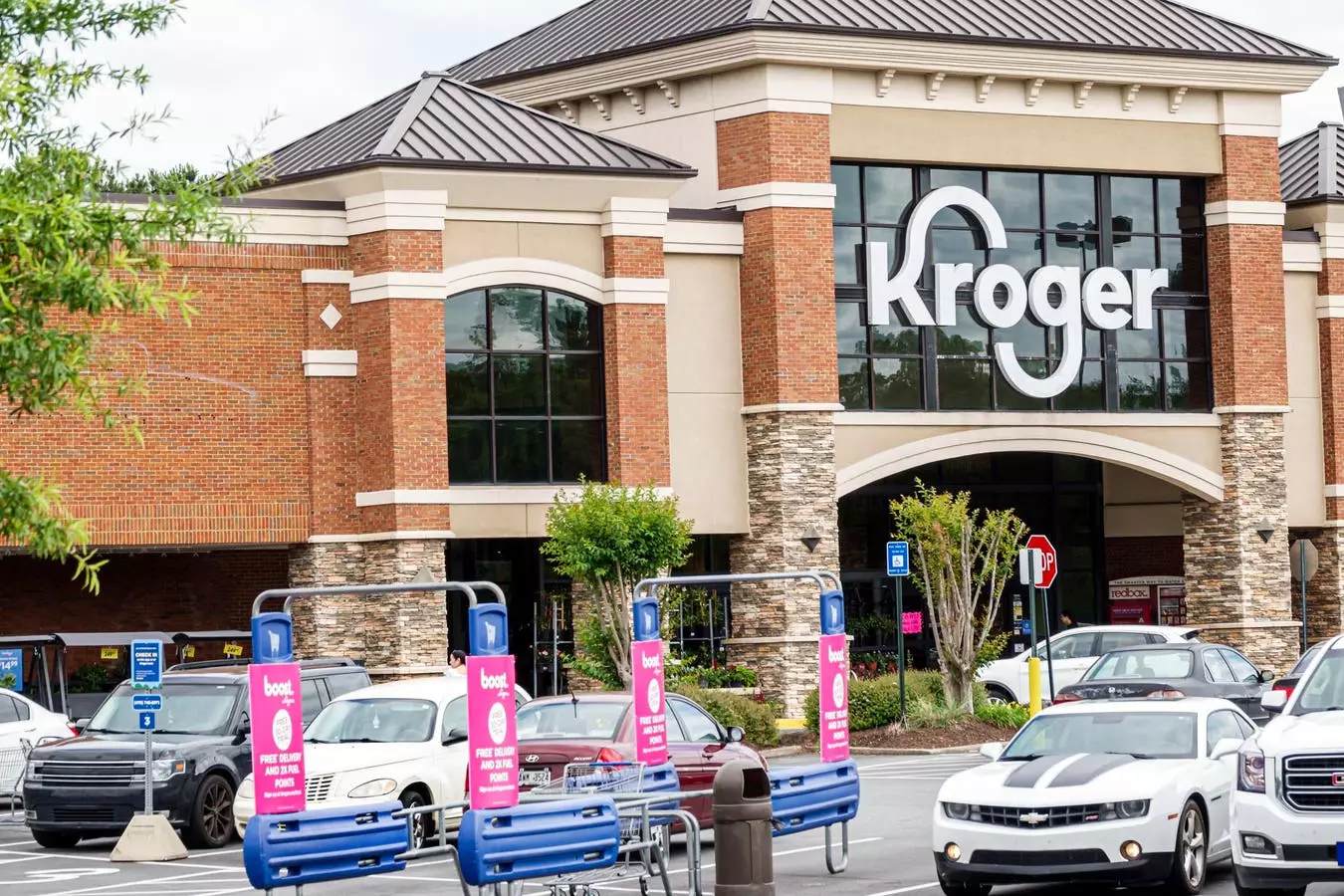In a landmark decision, a Federal Judge alongside a King County Judge in Washington has halted the proposed $25 billion merger between grocery giants Kroger and Albertsons. This development spells a victory not just for everyday consumers, but also for grocery workers, smaller suppliers, and the principles espoused by the Federal Trade Commission (FTC). The courts ultimately upheld the argument that consolidating these two supermarket behemoths would diminish competition, consequently leading to heightened grocery prices and undermined union bargaining power.
The Stakes of Market Consolidation
Kroger and Albertsons have positioned themselves as competing entities in an increasingly concentrated grocery marketplace, where the top six chains now dominate 65% of grocery retail sales nationally. Their proposed merger would have created a colossal grocery chain encompassing over 5,000 stores, potentially allowing them to dictate prices more effectively than smaller competitors. Proponents of the merger argued that it was essential for them to pool resources in order to better compete with giant retailers like Walmart and Amazon. However, critics contended that the merger would only enhance the existing oligopoly, leading to fewer choices for consumers and lesser accountability in pricing.
The FTC presented robust evidence indicating that such a merger would stifle competition and raise prices across the board. Specifically, it argued that eliminating Kroger and Albertsons as distinct players in the market would worsen the existing inflation consumers are already facing. Critics of the merger, including numerous local unions and advocacy groups, asserted that both companies should focus on improving wages, working conditions, and service quality rather than merging to create an even larger corporate entity.
The economic landscape of grocery retail has shifted dramatically over the past few decades, with grocery giants increasingly controlling an outsized share of the market. Walmart alone commands nearly 30% of national grocery sales and exerts significant influence in many regions. With Kroger holding top shares across various metro areas, the prospective merger with Albertsons would have further entrenched their dominance and eroded competition, resulting in less favorable prices and options for consumers.
Interestingly, data from the grocery sector indicates a troubling trend: grocery prices have surged by more than 30% since 2020, despite overall unit sales remaining relatively flat or even declining. This apparent disparity between prices and sales data highlights concerns regarding price inflation practices among major corporations. Notifications such as “sellers inflation” have been cited, referring to businesses increasing prices beyond the necessary rate to offset rising costs, often justifying these actions by using external circumstances like the COVID-19 pandemic or geopolitical crises.
The labor market within grocery retail also stands to suffer from increased concentration. The UFCW (United Food and Commercial Workers International Union) echoed these concerns, emphasizing that the merger would undermine union leverage. Currently, both Kroger and Albertsons have unionized workforces, a system that allows workers to negotiate effectively for better wages and working conditions. The merger would diminish competition among employers, weakening unions’ bargaining positions and potentially leading to worse outcomes for workers.
Fascinatingly, internal testimonies during the merger trials revealed that both Kroger and Albertsons had been engaged in practices that triggered higher prices on essential goods. Investigative insights into their pricing strategies suggested that instead of championing consumer welfare, these corporations had strategically manipulated pricing structures to capitalize on market conditions while sacrificing quality and choice for consumers.
While the recent decision by the courts represents a brief triumph for those advocating for antitrust measures and labor rights, it serves as a reminder of the larger challenges that lie ahead in the grocery industry. The implications of climate change, public health crises, and economic inequality continue to exacerbate issues within food production and distribution.
Ultimately, a future without mega-mergers could pave the way for myriad independent operators dedicated to sustainable, ethical practices. Such a landscape could align with the growing demand for diversified ownership structures in the grocery sector, thereby fostering healthy competition and a marketplace that reflects consumer needs. Rather than succumbing to the pressures of consolidation, there is still an opportunity for economic populism, one that champions worker welfare and community benefit. The recent ruling against the Kroger-Albertsons merger, thus, embodies not just a legal decision, but a wider social vision advocating for fairness and equity in the grocery landscape. In a world of increasingly interconnected challenges, this represents more than a mere setback for corporate interests; it is a win for everyday shoppers and a necessary step toward a sustainable future.


Leave a Reply